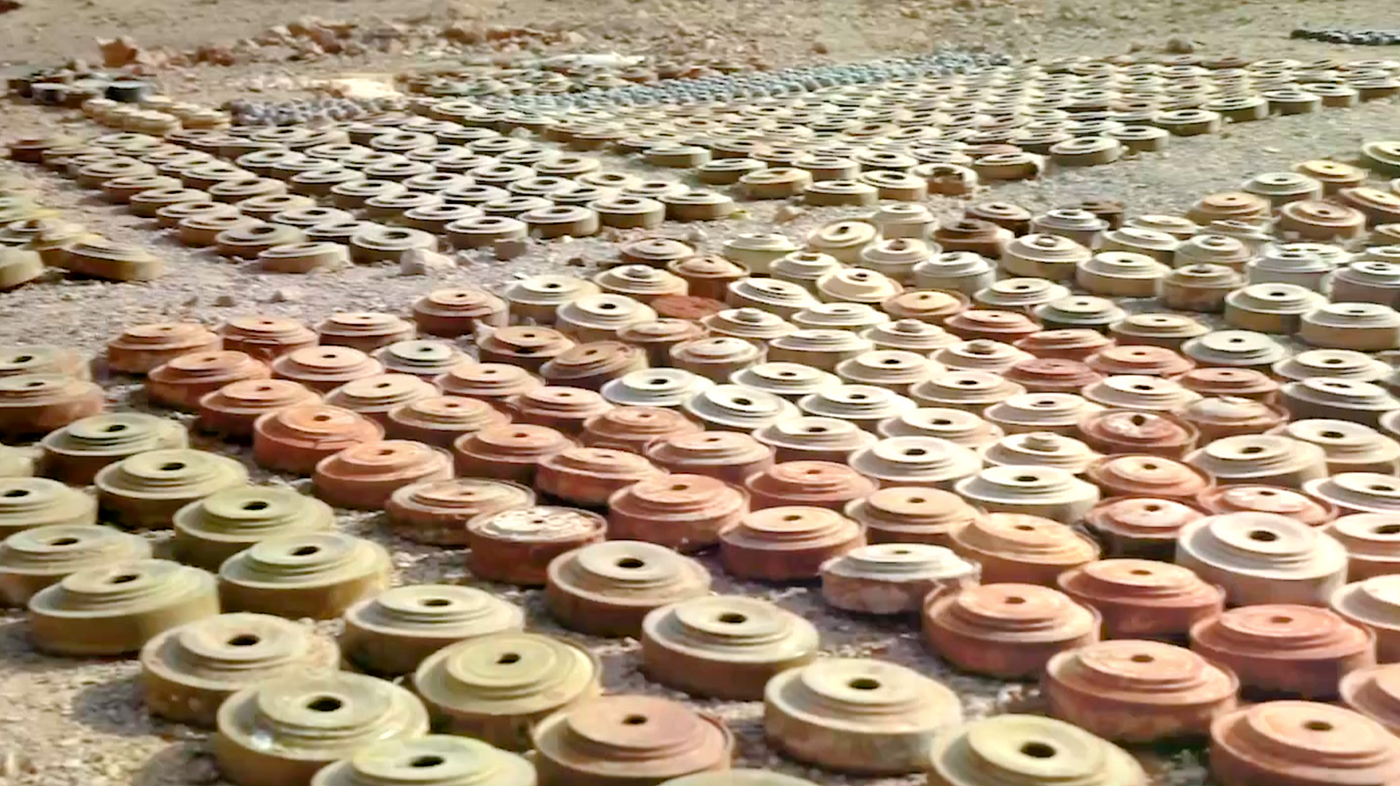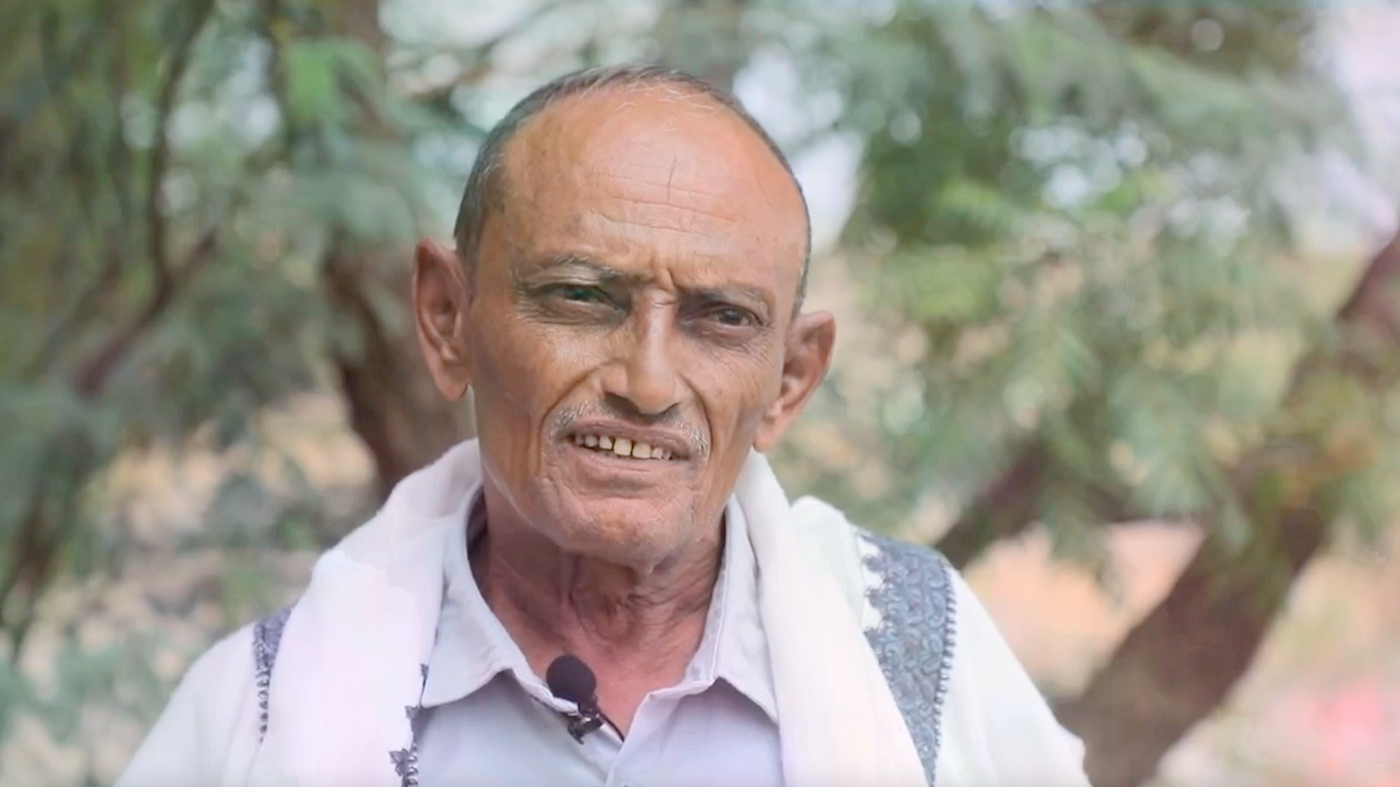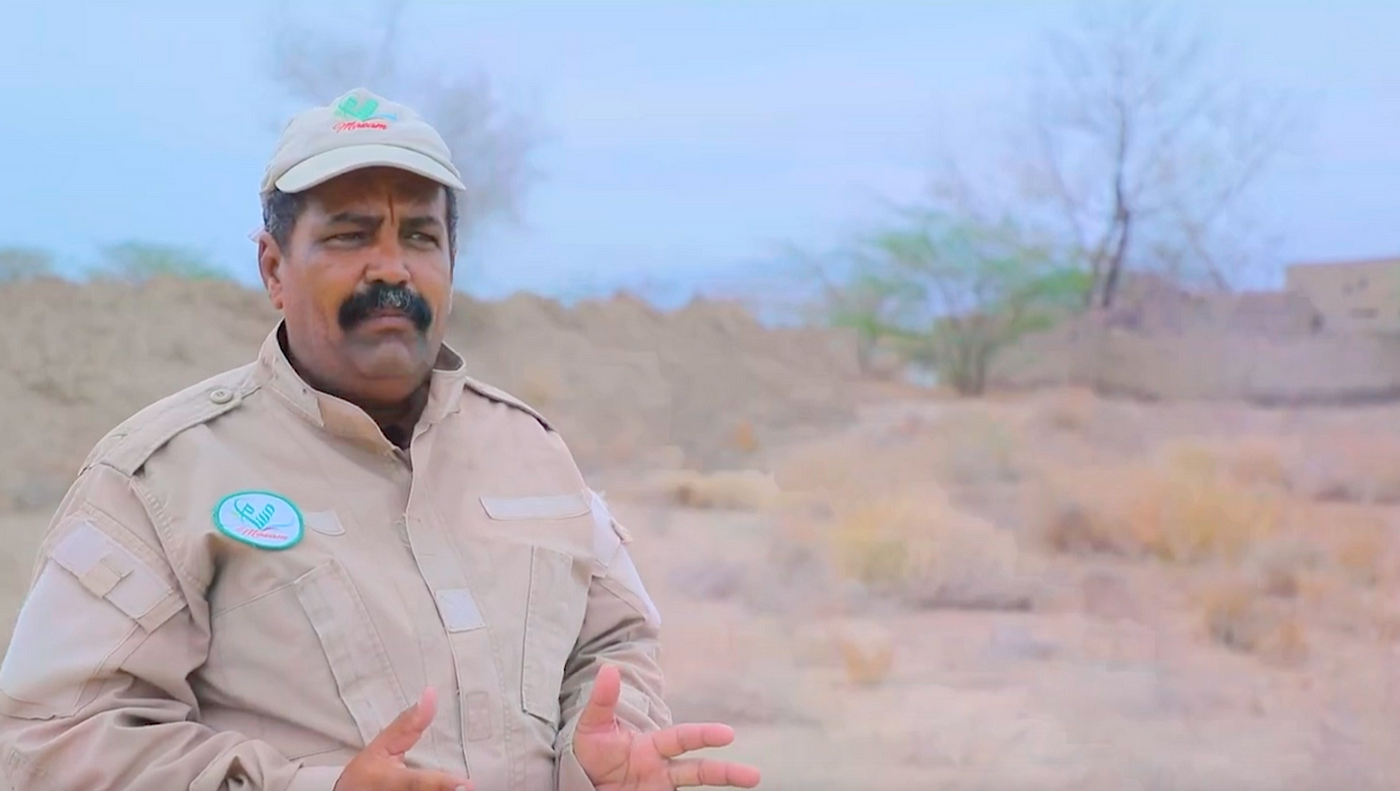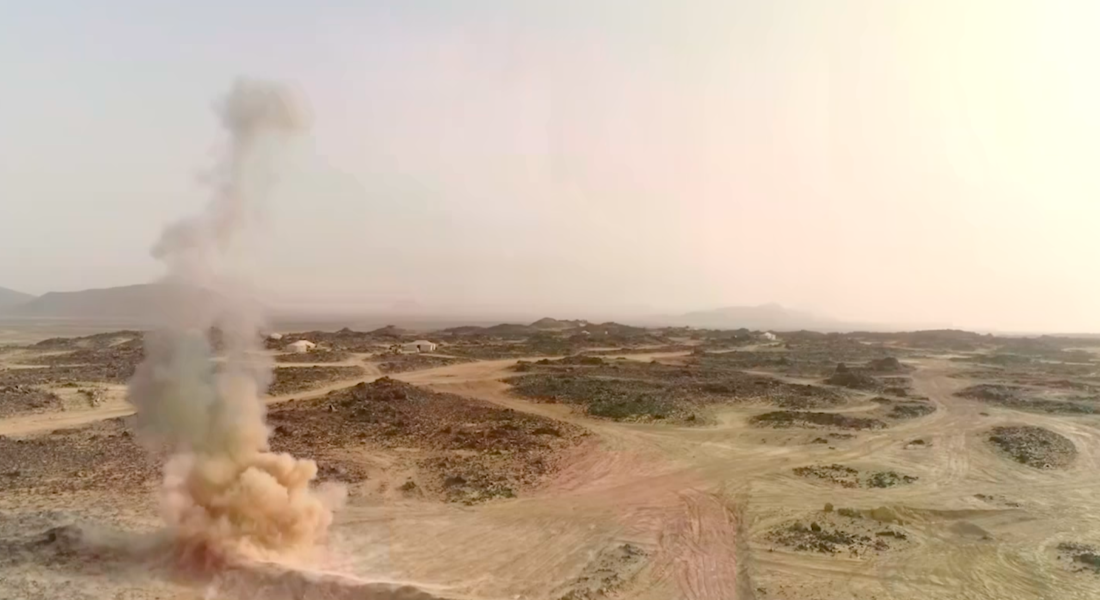“People walk daily between life and death, as landmines have resulted in loss of the lives and the physical disabilities for many civilians.”
These are the words Ibrahim Abdel Dayem, a resident in Dhami village, chose to use when he described living in Yemen’s Hays District.
Plagued by landmines, strategic Hays links three governorates of upmost importance: Al-Hodeidah, Ibb and Taiz. All three make up for one of the most contaminated areas in Yemen.

Muthar Saeed Al-Qadi, manager in Hays Directorate, in Al-Hodeidah Governorate, told Masam the impact of mines on Hays Directorate is “huge, especially in rural areas”.
He explained: “Mines are widespread, and Hays Directorate is considered one of the highest areas affected by mines and explosives.
“These mines and explosives were distributed in a barbaric manner in the most important economic establishments: schools, water sources, farms, populated villages, hospitals, clinics, roads and bridges.”
Al-Qadi explained that the extensive contamination “affected public life and the stability of civilians in the Directorate”.

For civilians such as Dayem, the presence — and threat of — landmines impedes on the movement of humans, livestock and transportation.
Indeed, even after the frontlines shifted, local residents found themselves unable to use secondary roads, and tracks, which they were previously using as alternative routes to get around, transport goods and access healthcare and humanitarian aid.
“They (Houthis) planted mines in the roads, entrances and exits of vital areas to force all civilians to feel fear wherever they go,” Dayem told Masam.
It is hard for anyone to imagine the scale of sowing of landmines in Yemen’s West Coast.

In the seven months Masam’s Team 20 has been working in the Hays area, around Al-Maqana’, Rabat, Al-Hilla Schools, Al-Hasib, Dar Al-Hell, Dar Al-Masawa, and Qomi villages to name a few, the deminers have cleared over 1,500 landmines.
During its last demolition operation alone, Masam destroyed 1,761 landmines, unexploded shells and explosive devices including rock mines — all cleared and collected by demining teams operating in the West Coast (in Bab Al-Mandab, Al Mocha, Al-Wazi’iyah, Mawza’a, Al-Khawkha and Hays).
Masam engineer Yahya Atef described the latest stockpile, which was destroyed using using TJET500 technology, as: 395 anti-tank mines, 17 anti-personnel mines, 580 assorted shells, 18 improvised explosive devices, 565 assorted fuses and 681 rounds of caliber 23.

Othman Al-Ghouri, the leader of Team 20, explained that the painstaking work means civilians have started to return to their land.
“Some of the displaced have already returned, and others are still arriving to their homes,” Al-Ghouri told Masam.
A Director of the Civil Service branch in Hays, Gower Jaber Ahmed warned that despite Masam’s efforts, much more needs to be done.

“The demining that is taking place is a great effort, and we hope that Project Masam will intensify their efforts towards this Directorate, which is considered the most intensive in laying mines in Al-Hodaydah Governorate and the western coast in general.
“Unfortunately, on the outskirts, the Houthis are still planting mines in different shapes and sizes and types that the average person cannot imagine.”
This sad reality is echoed by Mohammed Humaidan, Chief of Elders in Hayes.

“Since Project Masam came to Hays, it has made a significant contribution to restoring life to civilians in some areas, but there are still many mines, although Masam cleared a lot.”
As a result of the random and deliberate laying of landmines in roads, villages and across the countryside, “many children, elderly and women of all ages died”, manager Al-Qadi explained.
A villager from the West Coast, Amal Ali, told Masam she believes every family has been impacted by landmines in Hays.
“In every home there is a missing person and there are great effects on families who lost their children or the family head,” she explained.

This is the case of Ziyad Ali Salem Saleh, a villager and former driver, who stepped on a landmine while walking back to his home.
After waking up from a two-month long coma, he told Masam he was lucky to be alive but soon realised the extent of his injuries.
“My hand was destroyed and both my legs were injured.
“Before I was a truck driver and now I can’t drive trucks because of the explosion and the damage it caused to me.”

Humaindan, meanwhile, told Masam landmines also have an adverse impact on the local economy as the explosive devices have cost the lives of livestock “daily”.
And desperate civilians are keen to return to a normal life — tending to their farms and animals, whilst providing a livelihood for their families.
Pointing to the expanse of land behind him, villager Ali Mohamed Nagy explained: “This land before you is agricultural land and we have been deprived of cultivating it since 2019 when the Houthis entered.
“I wish to cultivate my land again because we have been deprived of cultivating our land from a long time.”

In a warning to civilians, Al-Ghouri said areas are still “infested” and the random nature of the minefields planting (without maps) means danger is still lurking.
“Mines are planted in homes, bedrooms and schools, and they still pose danger to civilians.
“Therefore, we call upon all civilians not to hurry and not to return until after we have secured their areas and farms, and our team is working continuously around the clock to do so.”


